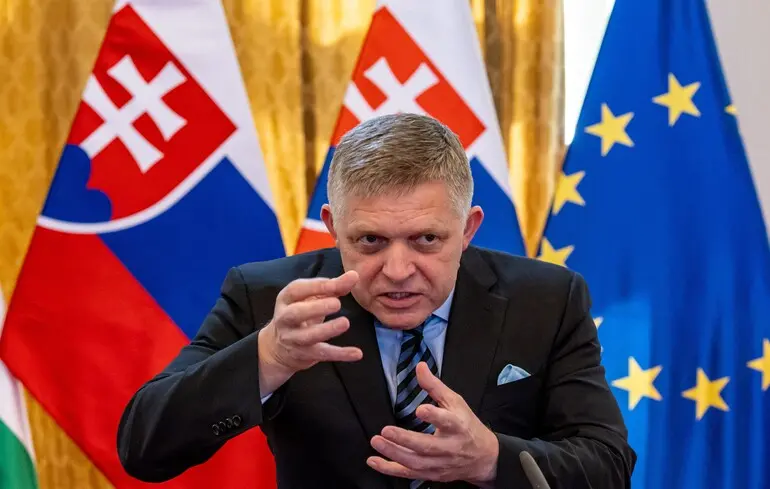Slovakia constitutionally enshrines only two genders: new restrictions and international reactions

The government of Slovakia took a significant step by enshrining traditional views on gender in its constitution.
Last Friday, the country’s parliament approved constitutional amendments defining that all citizens belong strictly to two genders — male and female.
This amendment also introduces a series of restrictions, notably limiting adoption rights to heterosexual married couples and banning surrogate motherhood.
These changes sparked widespread attention and criticism from human rights organizations, including Amnesty International and the Venice Commission, which expressed concerns over potential violations of LGBT+ rights and conflicts with European Union legislation, particularly regarding the primacy of EU law over national laws on cultural and ethical issues.
The organizations stress that in fundamental matters of core values, national law should take precedence, but it must still align with international commitments.
Slovak Prime Minister Robert Fico emphasized that protecting national legislation is a priority, even if it conflicts with international agreements, stating, “On fundamental issues, national law must prevail over international treaties.
This is common sense.” Amnesty International called this day “a dark day for Slovakia,” warning of threats to human rights.
The political implications are profound, and experts predict that the European Commission may oppose such changes, further complicating Slovakia’s EU integration process.
Meanwhile, in the United States, President Donald Trump declared in his inaugural speech that “from today, only two genders exist: male and female,” asserting this as official U.S.
policy.
Meanwhile, in Hungary, a country facing similar challenges with LGBT recognition, tens of thousands of protesters took to the streets at the end of June, defying government bans to march for LGBT+ rights.
The demonstration turned into one of the largest anti-government protests in recent years, highlighting ongoing tensions over civil rights and liberal values in the region.

